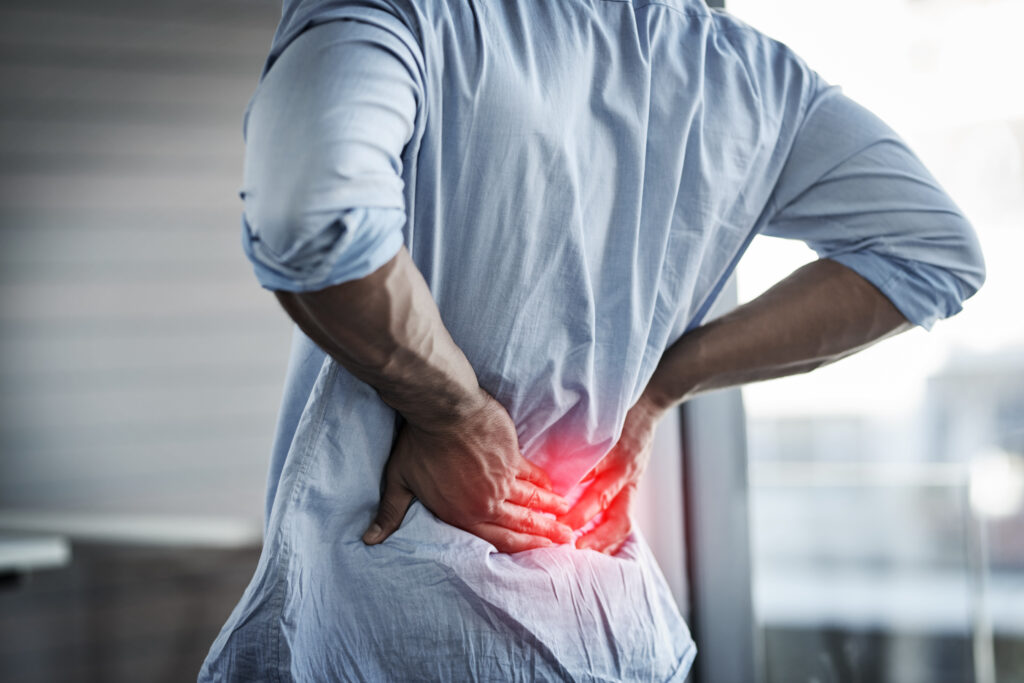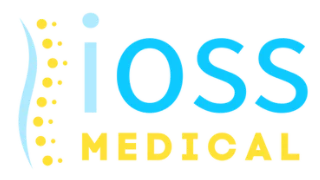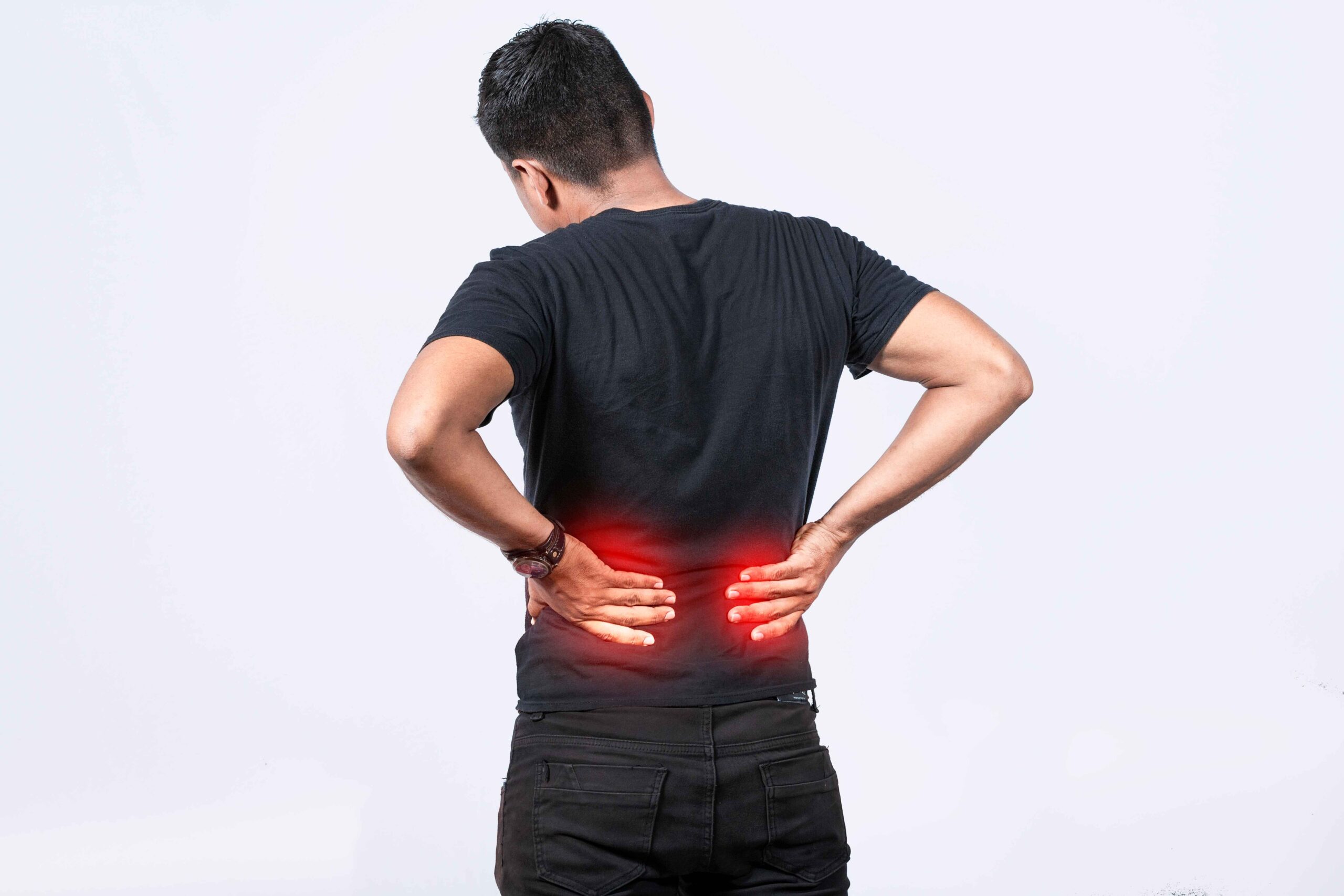Tired of enduring persistent hip pain that limits your mobility and quality of life? You’re in the right place! Our advanced hip pain treatment center in Englewood Cliffs, New Jersey, is committed to delivering comprehensive care and effective solutions.
Say goodbye to constant discomfort and movement restrictions caused by hip pain. Our specialized treatment programs are tailored to address the root causes of your pain, providing lasting relief and improved mobility. Imagine a life free from the burden of hip pain, where activities like walking and running are no longer hindered.
At our facility, our dedicated team of experts is here to help you achieve better hip health. With cutting-edge amenities and personalized care, we empower you to regain control over your life and vitality. Take the first step towards a pain-free future today by contacting us at (973)-798-1787 to schedule a consultation. Your well-being is our priority, and we’re dedicated to guiding you towards a life without limitations.
Understanding Hip Pain
Hip pain presents in various forms, and understanding its roots is the first step toward effective management. The hip joint is designed to withstand repeated motion and a fair amount of wear and tear, but it’s not indestructible. Here’s a breakdown of common causes and types of hip pain you may encounter:
Causes of Hip Pain
- Arthritis: Osteoarthritis, the most common form of arthritis, often affects the hips, with symptoms including pain, stiffness, and reduced mobility.
- Injuries: Acute injuries, such as hip fractures or dislocations, and chronic injuries, like tendinitis or bursitis, can lead to persistent hip pain.
- Medical Conditions: A variety of medical conditions can lead to hip pain, including cancer, avascular necrosis, and certain infectious diseases.
Types of Hip Pain
- Anterior Hip Pain: Occurs at the front of the hip and is usually associated with the hip flexors.
- Posterior Hip Pain: Felt in the buttocks, back of the hip joint, or the back of the thigh.
- Lateral Hip Pain: Located on the outer side of the hip and can radiate down the side of the leg.
Understanding the type and cause of your hip pain is essential in charting the course for effective treatment.

What are the available treatment options for hip pain?
The treatment approach for hip pain depends on the underlying cause and severity of your condition. Our team of specialists will conduct a thorough evaluation to determine the most suitable course of action for you. Here are some common treatment options that may be recommended:
Medications
Pain-relieving medications, like non-steroidal anti-inflammatory drugs (NSAIDs) or corticosteroids, are commonly prescribed by healthcare providers to reduce inflammation and offer temporary relief from hip pain. NSAIDs work by blocking enzymes that cause pain and inflammation, while corticosteroids help to suppress the immune response in the affected area, reducing swelling and discomfort.
Injections
In certain situations, our team of specialists may suggest injections as part of the treatment plan to alleviate inflammation and pain in the hip joint. These injections may involve corticosteroids, which help reduce inflammation, or hyaluronic acid injections, known for their lubricating properties that can enhance joint function and provide relief.
Surgery
In severe cases where other treatment options have not provided sufficient relief, surgical intervention may be necessary. Our skilled surgeons specialize in minimally invasive procedures aimed at restoring your hip health and function.
When should I seek medical attention for hip pain?
While occasional mild hip pain can often be managed with self-care measures, persistent or severe pain should not be ignored. It’s always best to consult our healthcare professional if you experience any of the following:
- Pain that persists even after rest and home remedies.
- Difficulty bearing weight on the affected side.
- Discomfort that interferes with daily activities.
- Swelling, redness, or tenderness in the hip joint.
- Numbness or tingling sensation in the hip area.

How long does it typically take to recover from hip pain?
The recovery time for hip pain can vary depending on the cause and severity of your condition. With proper diagnosis and treatment, most people experience significant improvement in their symptoms within a few weeks to a few months. However, it’s important to continue with any recommended exercises or physical therapy even after your pain has subsided to prevent future episodes.
Diagnosis and Assessment
Early and accurate diagnosis of the underlying issues causing your hip pain is critical for successful treatment. Therefore, if you’re experiencing persistent hip discomfort, it’s time to consult with a medical professional.
Importance of Early Diagnosis
Knowing the cause of your hip pain early on can prevent the condition from worsening and reduce the risk of complications. Delaying diagnosis can lead to unnecessary pain and suffering.
Medical Tests and Examinations
Your healthcare provider may recommend a series of exams, including:
- Physical examination: To evaluate your range of motion, strength, and any visible issues around the hip.
- Imaging tests: X-rays, MRIs, and CT scans can provide detailed images for further analysis.
- Blood tests: These may be conducted to rule out infections or other systemic disorders that could contribute to your hip pain.
After a thorough assessment, you and your healthcare team can work together to design a treatment plan that addresses your specific condition.
Lifestyle Adjustments
Small but impactful changes to your daily habits can make a significant difference in managing hip pain. Consider making these adjustments:
Diet and Nutrition
- Adopt an anti-inflammatory diet, rich in fruits, vegetables, lean proteins, and healthy fats, to help manage pain and support joint health.
- Limit or avoid foods that are known to cause inflammation, such as processed items and those high in sugar and trans fats.
Stress Management
- Chronic stress can exacerbate pain. Practices like meditation, yoga, and deep breathing can help reduce stress and manage pain levels.
- Building a strong support network and engaging in enjoyable activities can help you manage the emotional toll of chronic hip pain.
By implementing these lifestyle changes, you can reduce the burden of hip pain and support your body’s natural healing processes.
Conclusion
Hip pain is a common ailment, but it doesn’t have to be a constant in your life. By taking advantage of the strategies outlined in this guide, you can work toward a more comfortable and active lifestyle. The path to effective hip pain management requires patience and diligence, but the rewards are worth the effort.
In conclusion, addressing hip pain is crucial for maintaining overall quality of life and mobility. We offer a range of effective treatment options to alleviate hip discomfort and improve function. With a dedicated team of healthcare professionals specializing in hip pain management, patients can find relief and support tailored to their individual needs. To take the first step towards a pain-free future, contact us at (973)-798-1787 to schedule a consultation and start your journey towards better hip health today.

